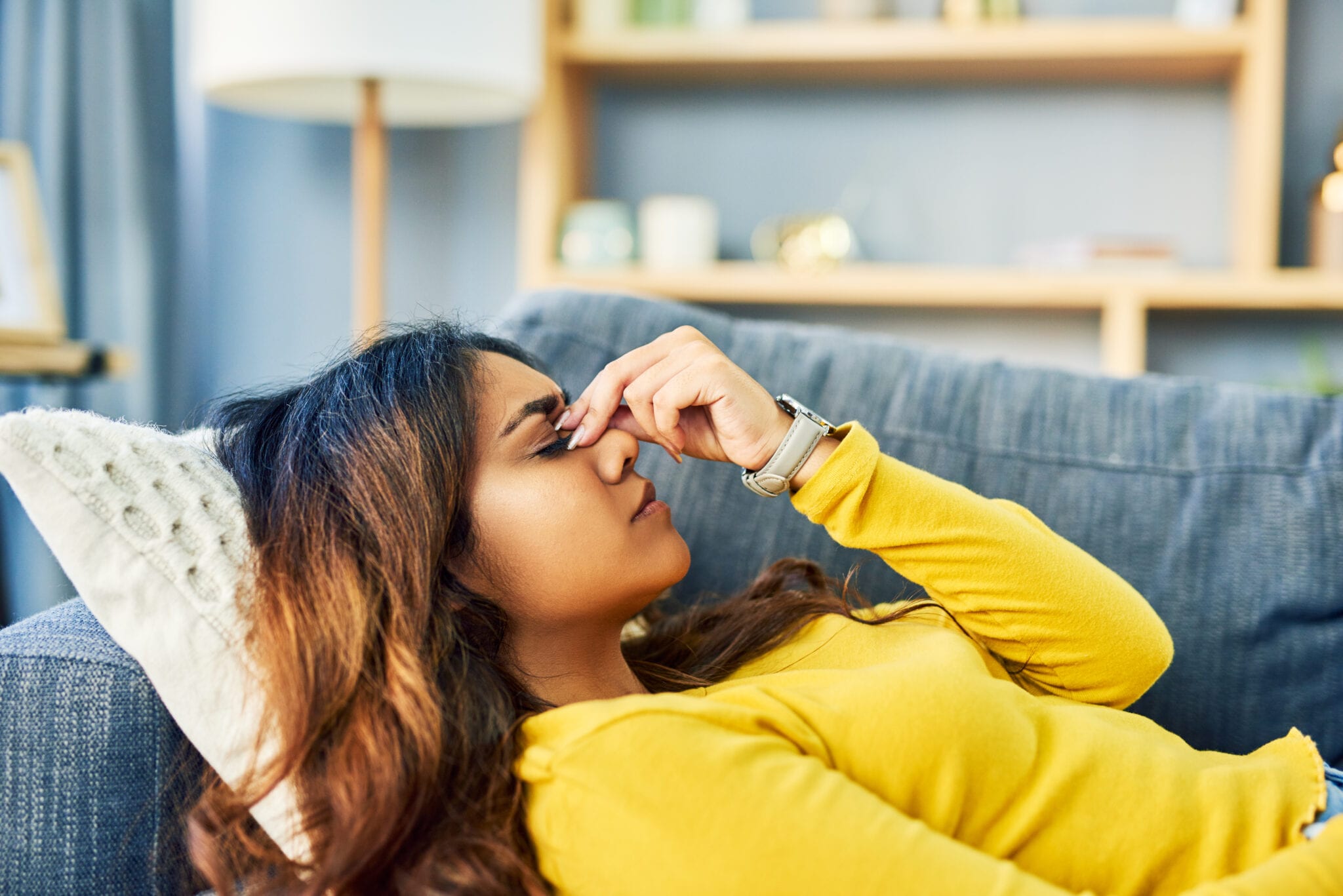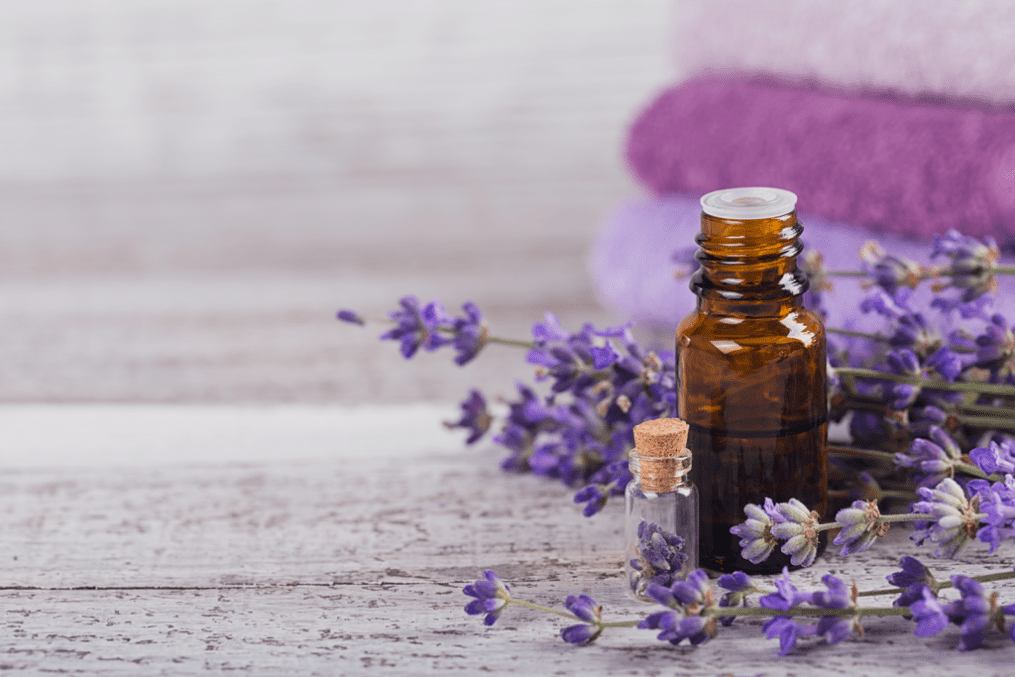6 surprising headache causes (and how to solve them)

Professor Paul Booton, a clinician at the National Migraine Centre, a London-based charity that has been treating patients with headaches and migraines for 37 years, explains some headache causes you may not have considered.
1 Low blood sugar
‘This is a potent headache trigger, so don’t be tempted to skip breakfast and start your day with nothing in the tank,’ says Booton. However, it’s important to eat a balanced breakfast, as filling up on sugary foods and refined carbohydrates can cause a blood sugar spike and crash, which leaves you sensitive to headaches again. ‘A balanced diet full of wholegrains, beans and whole fruit is very good for preventing headache and migraine as you’re getting carbs in a form that’s slowly released into your system,’ says Booton. ‘Aim for regular meals and healthy snacks between meals to keep blood sugar steady.’
2 Irregular sleep habits
Many of us will have experienced headaches due to an imbalance in our sleeping patterns. ‘We know that too much sleep and too little sleep both act as triggers, and those with erratic sleep patterns, like shift workers, suffer worse migraines, but we still don’t understand how this happens,’ says Booton. To rule sleep out as a cause, it’s best to get into healthier habits. ‘Regular sleep appears to be key. And improve your sleep hygiene: avoid caffeine, alcohol or screens before bed, and ensure your bedroom is quiet and dark.’
3 Painkiller overuse
‘Around 25% of the new patients I see suffer from medication-overuse headaches,’ says Booton. This can happen if you’re in the habit of popping painkillers regularly, because when levels drop, your brain interprets it as pain. ‘Codeine drugs are the worst culprits and if you’re taking them for more than 10 days each month for more than four months, you’ll get into a medication-overuse pattern. For ibuprofen and paracetamol, it’s 15 days a month. A headache specialist can provide treatments to help you through the withdrawal, and you can use those painkillers again, but not at the same level as before.’
4 Caffeine
It’s easy to consume high levels of caffeine without even realising it. As well as tea and coffee, caffeine is an ingredient in some fizzy and energy drinks, plus it’s in chocolate and some over-the-counter medications. Because of this there can be a lot dripping into your system. ‘Caffeine is a good painkiller in its own right, so you can get headaches from overuse in the same way you might from painkillers,’ says Booton. ‘Minimise risk by switching to decaf or herbal and fruit drinks.’
5 Diet
For some people, food could act as a trigger for headaches, but there aren’t many studies to show what can, or can’t cause migraines in every case. This is true of dairy, though research shows it can affect children. ‘If you think that something you’re eating causes headaches, cut it from your diet for one to three months,’ says Booton. ‘Keep a diary to see what effect it’s having on you, although nothing is likely to switch off your migraine completely.’
6 Combining triggers
Booton also believes we should remind ourselves of the ‘threshold theory of triggers’: when you’re layering one trigger on top of the other. ‘You might be going through a period of stress at work, putting in long hours, skipping meals, having late nights and drinking more than usual, and the result is headaches. One of those triggers might not be enough in itself to cause a headache, but the combination will.’ And while it can be difficult to reduce the workload of a demanding job, there are some other steps you can take to limit your risk. ‘Go to bed on time, have healthy meals and stay hydrated,’ says Booton. ‘These basic acts of self-care can help keep you below the threshold.’








